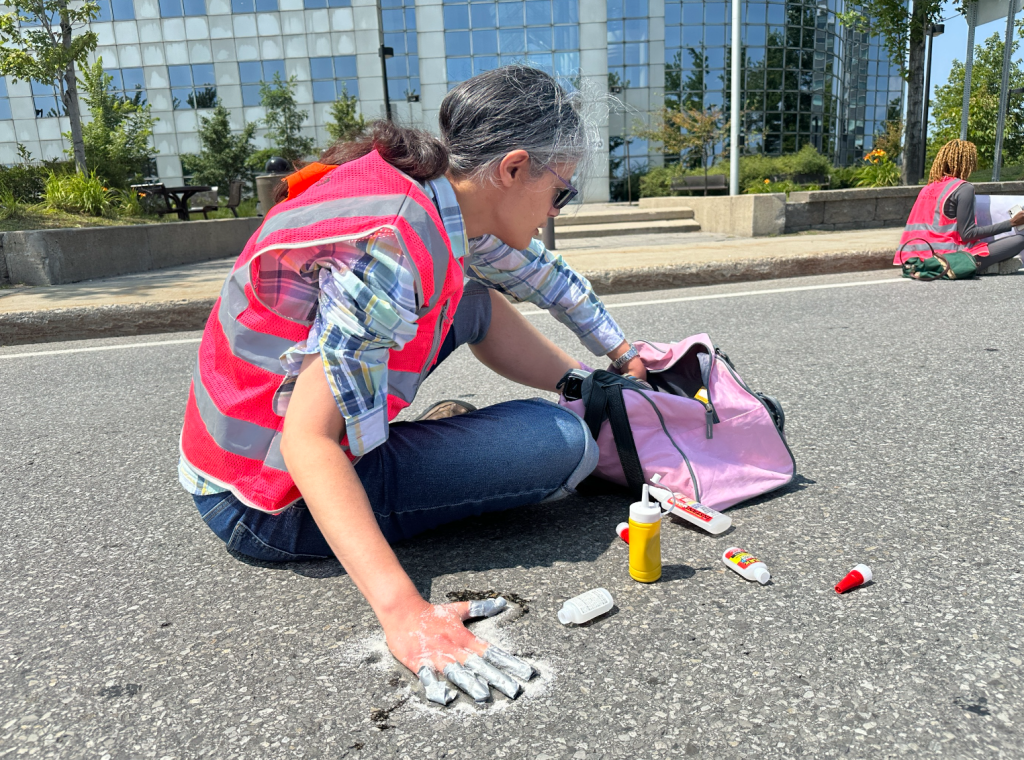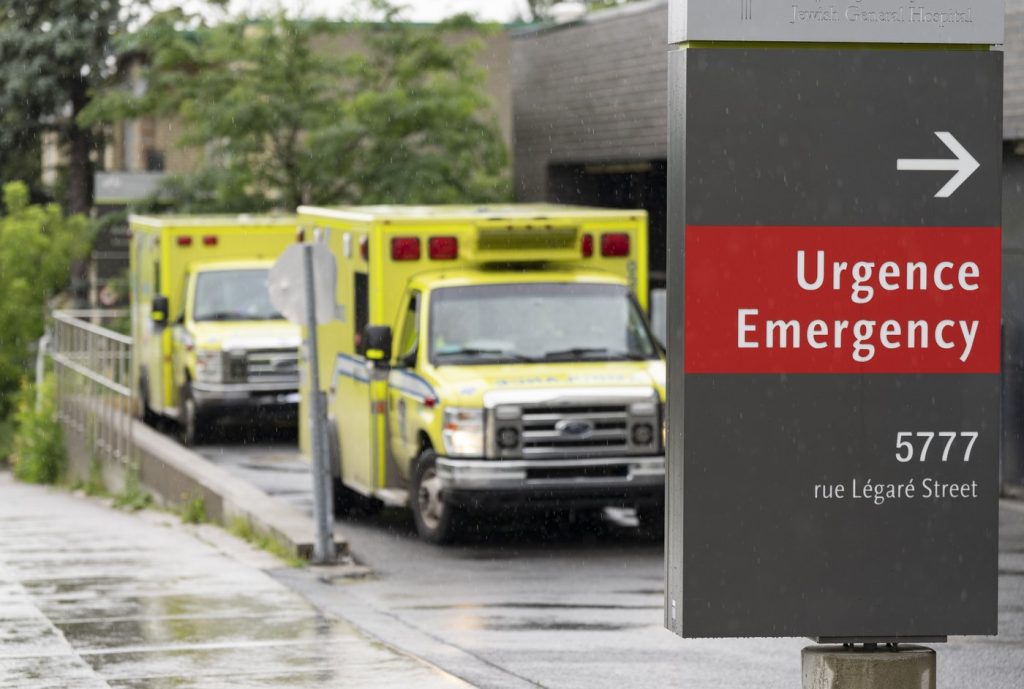Viagra could help oxygen-deprived newborns: Montreal study

Posted February 15, 2024 2:07 pm.
A study led by a doctor at the Montreal Children’s Hospital revealed that Sildenafil could reduce the extent of sequelae in newborns who have been oxygen-deprived during pregnancy or at birth.
Newborns suffering from neonatal encephalopathy are usually treated with therapeutic hypothermia, which is the only option to prevent brain damage in such cases, but around a third of newborns who received it, still develop significant neurological sequelae.
“A baby’s brain is different from an adult’s brain,” explained study author and Dr. Pia Wintermark, who is a neonatologist at the Montreal Children’s Hospital and a scientist with the Child Health and Human Development Program of the Research Institute of the MUHC. “It’s still developing, even after birth. So, our idea was could we use its developing capacities and perhaps stimulate them to repair it?”
Previous research conducted on rats showed that Sildenafil, better known as Viagra, can help the brain heal in adults who have suffered a stroke.
Dr. Wintermark and her colleagues wanted to find out whether the same therapeutic effect would be seen in babies.
Between 2016 and 2019, her team studied 24 babies born at 36 weeks or more, with moderate to severe neonatal encephalopathy, who had been placed on therapeutic hypothermia and showed brain damage despite the treatment.
Eight babies, who were two or three days old, received Sildenafil twice a day for seven days, for a total of 14 doses.
A placebo was given to three other newborns.
The first phase of the study established that the drug can be administered safely to newborns, since they observed only a slight temporary drop with their blood pressure.
The researchers also took the opportunity to test the molecule’s efficacy.
In five newborns, who were 30 days old, they observed partial healing of their lesions, a reduction in the loss of cerebral volume and an increase in deep grey matter.
However, no improvements were seen in the placebo group.
“We may not be able to cure them completely, but if we could at least improve their brain and how it works, that would already be a gain for us and for the parents too,” said Dr. Wintermark. “And even with our small group of patients, we’ve seen encouraging effects.”
Nine out of ten patients were reviewed at 18 months for their neurodevelopmental assessment.
In the sildenafil group, one in six babies developed cerebral palsy, compared with the three babies in the placebo group.
Overall developmental and motor delays were noted in two out of six children who were given the drug, compared with three children who were not.
“Sildenafil seems capable not only of preventing the death of certain brain cells, but also of stimulating their regeneration. The molecule also fights the inflammation that invades a brain that was deprived of oxygen at birth and reduces the damage,” explained Dr. Wintermark.
The researcher claims that Sildenafil may also contribute to the myelination that occurs during the first months and years of life, which is a phenomenon where nerve cells specialise.
“So, in many ways (Sildenafil) will replace certain nerve cells, prevent too much damage and make them a little more specialised, and it’s in all these ways that we think it’s effective,” said Wintermark.
New studies will now be carried out on larger cohorts to confirm the conclusions of phase one, define the optimal dosage of Sildenafil and establish its neuroprotective and neurorestorative potential.



